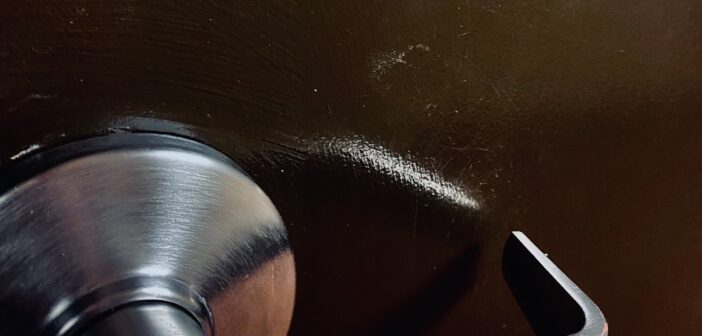On Sept. 7 the Director of Residence Life, Rachel Jones, sent out an email informing students of an upcoming change to room lockout procedures. Director Jones willingly provided further comment on these changes. The student body, however, reacted immediately and indignantly at the additional costs.
Many social media accounts, such as @barstoolnoctrl, began posting memes and comments about these changes. The general sense on campus was of frustration and outrage at the potential of additional fees.
“I feel like it’s a little of a scam to get more money. Because we’re already paying 60k for tuition without scholarship,” said Katharine Recchia, ’26.
New procedures
The offices of Operations, Residence Life and Student Affairs created these new procedures. Beginning on Sept. 18, if a student locks themselves out of their room without their keys and calls their Resident Assistant or Campus Safety, they will face a charge of $25. If these students are unable to prove they still have their keys, the fee of recoring their door will also fall to them. The recoring process would cost the student $150 per lock. Resident Life will oversee the process of these new procedures. Both Residence Life and Campus Safety will assist in the tracking of lockouts.
“Residents have been losing keys at a higher rate over the last few years. We are hoping that the fee will encourage students to be more vigilant about where their keys are. This should lead to fewer recores at the end of the year,” said Director Jones.
As Director Jones explained, part of the reasoning behind these new procedures is safety. While the College has many measures in place to address safety, including deterrence cameras, student can also play a role in the safety of their building and room.
Lost keys can be a safety concern as they can allow others access to a student’s room. Immediate room recoring and key replacing can be logistically challenging as well. When more keys are lost on campus, labor and inventory challenges arise in the timely processing and replacement of locks. By locking their rooms and being aware of their key locations, students can ensure their own personal safety and the safety of their belongings. They can also lessen some strain on the campus departments.
That said, Director Jones felt it important to emphasize: “Please continue to lock your door. It is not worth it to leave your possessions unlocked in order to avoid a $25 fee.”
Issue of cost
Discussing the reasons for the $25 price, Director Jones states it was chosen in order to be significant enough for students to take it seriously. With such a serious cost, not only will this hopefully prevent lockouts and losses before they happen, but it might also stop any repeats.
But still, students are unsatisfied with the severity of the new procedures. While Recchia could understand the need to charge for replacing locks and keys, the immediacy of the procedures felt off-putting.
“I feel like you should have five penalties. You should have five penalties and then after that you should pay. I feel like some students are forgetful and you shouldn’t be charged just because you forgot your key when you went to the bathroom, for example,” said Recchia.
But Director Jones states that the hope is for nobody to be charged. The fee will give students pause to stop and check for their keys before leaving. These student and administrative perspectives are still in conflict. As the implementation of these changes takes place, a clearer idea of the effectiveness and campus perception of the new lockout procedures will begin to form.


1 Comment
Pingback: President Thomas ushers in era of change at NCC - NCClinked